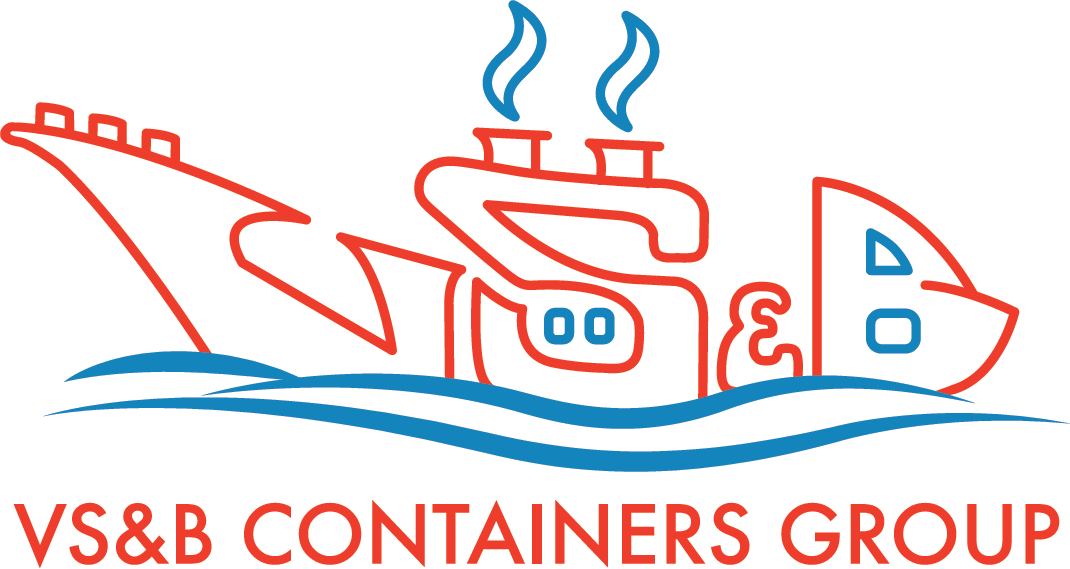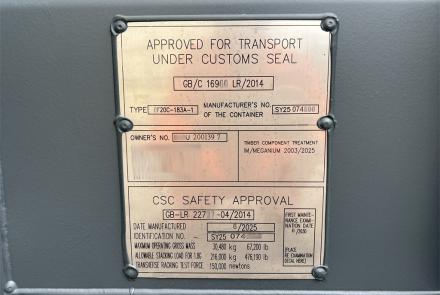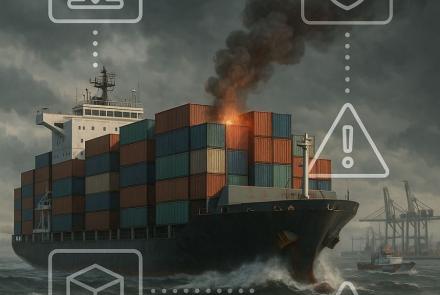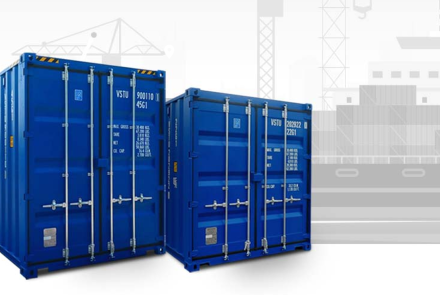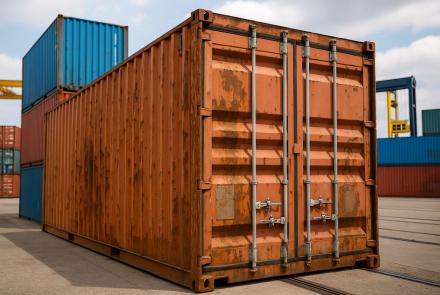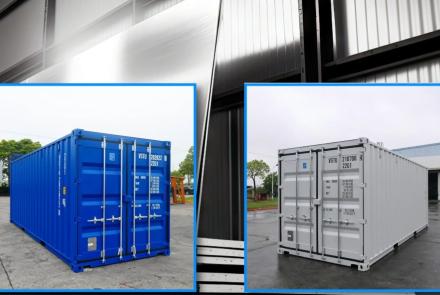ENSURING SAFETY AND SUSTAINABILITY IN SHIPPING
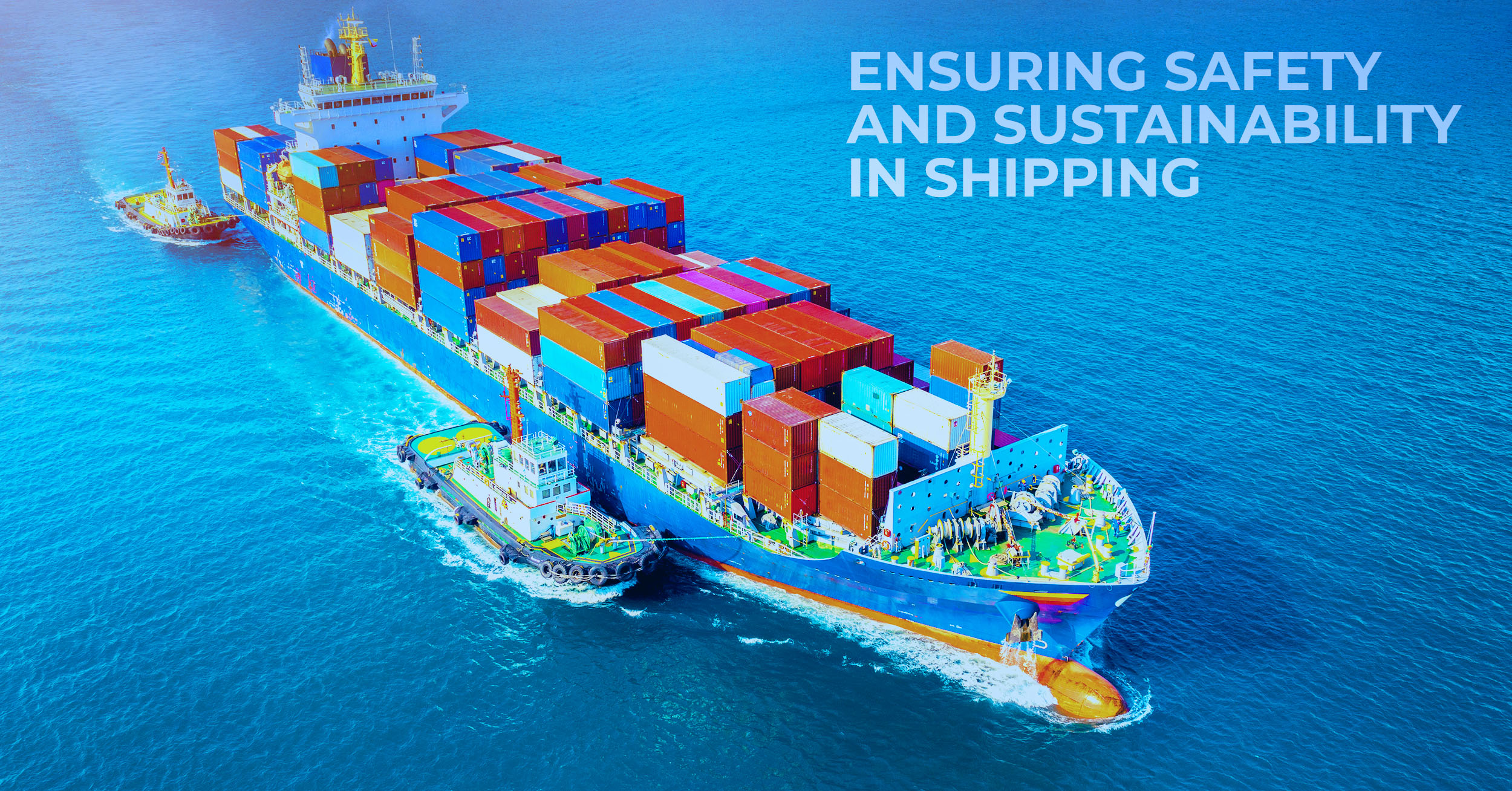 Shipping and logistics are vital to the global economy because they connect people and businesses world over. However, this comes with the responsibility of ensuring the safety and sustainability of these operations.
Shipping and logistics are vital to the global economy because they connect people and businesses world over. However, this comes with the responsibility of ensuring the safety and sustainability of these operations.
Obedience to International Maritime Regulations is critical to the safety of ships, crew members, and the marine environment. International maritime regulations, such as SOLAS, MARPOL, STCW, and the ISM Code, establish standards for ship construction, operation, and maintenance, as well as for seafarer training and certification. Compliance with these regulations is mandatory and is enforced through audits, inspections, and investigations by flag states, port states, and classification societies. Noncompliance can lead to legal consequences, financial penalties, and reputational harm. Shipping companies and seafarers must know these regulations and their requirements, undergo training and certification, and implement best practices in their operations. The challenges and future developments in international maritime regulations, such as the use of digital technology, alternative fuels, and sustainable practices, demand continuous learning and adaptation from shipping companies and seafarers.
Controlling emissions and pollution in the seas is a central aspect of maritime environmental protection. Ships emit pollutants into the atmosphere and release pollutants into the ocean, such as oil, chemicals, and plastics. MARPOL and the Ballast Water Management Convention are international maritime regulations that aim to reduce and control these emissions and pollutants. The regulations require ships to adhere to emission control zones where emissions are limited, as well as to implement pollution prevention measures such as oil spill response plans and ballast water treatment systems. Flag states, port states, and classification societies enforce these regulations through audits, inspections, and investigations. To further reduce its environmental impact, the shipping industry is examining alternative fuels such as LNG and hydrogen, as well as sustainable practices such as green shipping. Controlling emissions and pollution in the seas is critical for preserving the marine environment and ensuring the maritime industry's long-term development.
In the maritime industry, where ships and ports rely on digital systems and networks to operate, cybersecurity and data protection are becoming increasingly important. Cyber threats such as hacking, malware, and phishing can disrupt ship operations, lead to the loss of confidential information, and jeopardize the ship's safety and security. International maritime regulations, such as the ISM Code and the ISPS Code, require the implementation of cybersecurity and data protection measures by shipping companies and ports to ensure the confidentiality, integrity, and availability of their information systems and networks. The measures include conducting risk assessments, developing security policies, implementing security controls, and providing employees with training and awareness. Flag states, port states, and classification societies enforce cybersecurity and data protection measures through audits and inspections. In addition, the shipping industry is working with cybersecurity experts and authorities to share information, develop best practices, and improve the resilience of their systems and networks. Cybersecurity and data protection are critical for maintaining trust and confidence in the maritime industry's digital systems and networks.
Because the shipping industry contributes significantly to global greenhouse gas emissions, there is growing interest in developing alternative fuels and propulsion systems for ships. Biofuels, hydrogen, and ammonia are among the most promising alternative fuels for the shipping industry, while battery-powered electric and hybrid systems are emerging as leading propulsion options. Furthermore, wind-assisted propulsion systems such as sails and rotor sails are being investigated as a means of reducing fuel consumption and emissions. While implementing these alternative technologies in the shipping industry presents technical and economic challenges, there is growing recognition that they will be required to meet emissions reduction goals and promote a more sustainable future for maritime transportation.
To sum up, ensuring safety and sustainability in shipping and logistics requires a comprehensive approach that covers everything from implementing safety standards and environmental protection against risk management and employee training. By working together, companies can help minimize the risks associated with these operations and ensure a more sustainable future for the industry.
The VS&B Containers group provides custom-built and standard containers that are delivered directly from the plant to your desired location. They stock one-way containers throughout Europe and Asia and trade over 15,000 containers every year. Customers can get containers from anywhere in the world, thanks to their global depot network and diverse inventory.
iInterchange Systems, the IT division of the VS&B Containers group, also provides advanced software solutions for the shipping and logistics industries.
To get your first-rate shipping container, email traders@vsnb.com. VS&B professionals will help you select the best container for your needs in terms of cost-effectiveness, level of flexibility, and expected returns on investment.
- Log in to post comments
